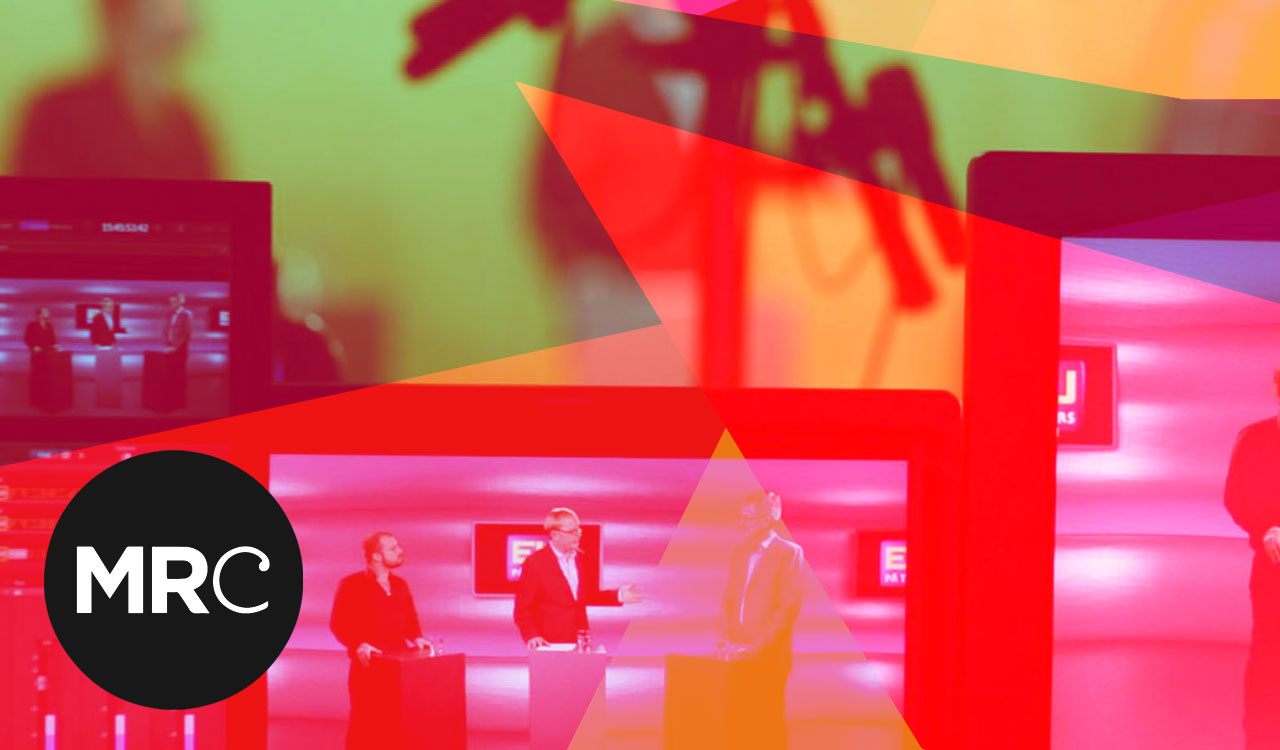by Horatio Mortimer
- firstly the fear that in certain countries, the media was not as free and diverse as it should be, and did not conform to the principles of freedom and democracy expected of members of the EU;
- secondly, as part of the effort to make the institutions of the EU itself more democratic;
- and thirdly to consider ways to protect the vital democratic functions of the media from potential damage caused by the technological earthquake that is reshaping the industry.
Recommendation 4:
All EU countries should have independent media councils with a politically and culturally balanced and socially diverse membership. Nominations to them should be transparent, with built-in checks and balances. Such bodies would have competences to investigate complaints, much like a media ombudsman, but would also check that media organisations have published a code of conduct and have revealed ownership details, declarations of conflicts of interest, etc. Media councils should have real enforcement powers, such as the imposition of fines, orders for printed or broadcast apologies, or removal of journalistic status. The national media councils should follow a set of European-wide standards and be monitored by the Commission to ensure that they comply with European values.
As it makes clear, this is a recommendation for how a healthy independent national self-regulatory body might be constituted. It is not proposing an EU body that would regulate the media. It suggests that the national bodies be monitored by the Commission, but in the previous recommendation it suggests that the monitoring could alternatively be done by “an independent monitoring centre, ideally as part of academia, which would be partially funded by the EU but would be fully independent in its activities.” The phrase “removal of journalistic status” does ring alarm bells and suggests that there would be some form of licensing for journalists – a proposal put forward by Mail editor Paul Dacre among others, but which has been universally rejected in the UK. It is however only a suggestion of a possible sanction that a national self-regulatory body might employ, and it could not apply in any country that did not have such a thing as “journalistic status”. As the report says:“Safeguarding media freedom and pluralism cannot be achieved simply by adopting a specific set of common rules, necessary as they are. Rules must necessarily be adapted to different political cultures and they need to be implemented in a way which firmly keeps the aim of media freedom and pluralism at the forefront.
…any new initiatives taken at the level of the European Union for the purpose of media freedom and pluralism must, first and foremost, focus on commonly accepted fundamental values and take great care in respecting the national context within which any new regulations will have to be applied.”
Furthermore, the report also discusses the meaning of ‘journalist’ in the Internet age. Journalism does have some special status under the law in the UK, for instance in the Data Protection Act (section 32). Also the report calls for legal rights for journalists protecting their sources. However in the Internet age it is increasingly difficult to say who is and isn’t a journalist, and the report suggests it may not be practical to extend journalistic privileges to the whole population. The report also suggests that with such extra privileges come extra responsibilities. A Financial Times’ editorial concludes that “making Brussels media’s new master is not the way to guarantee a free and vibrant press,” having explained that “the best way to guarantee both better oversight and press freedom is a voluntary system of self-regulation, albeit one with the enforcement powers necessary to deter abuses.” As we have all seen though, the trouble with voluntary systems is that they are voluntary. Either rules are enforced, or they are voluntary, they can’t be both. As the report puts it: “Mere lists of pious desiderata without any provision for their enforcement are as good as useless in protecting the values that they claim to uphold.” Leaving the media in the hands of its old ‘master’, the unconstrained market, leads to toxic concentrations of political and economic power of the Berlusconi variety. If the media must have ‘masters’ then their power should be checked and balanced. Another section of the report calls for an increase in the media coverage of the EU institutions, which is critical to making them more accountable and democratic. This of course does not mean the promotion of some Brussels agenda. As the report says: “..there is a fear that policies to increase European coverage by the media would be guided by some particular conception of the value of European integration, rather than just encouraging broader discussions.” Toby Young blogs in the Telegraph that they have “uncovered a truly shocking story” as though the report and its accompanying press release were some kind of secret – an illustration of the lack of EU media coverage in the UK. While some may fear that their national identity will dissolve in European standardisation and harmonisation, the truth is that the reforms this report is calling for are precisely the opposite. It is the concentration of the media in the hands of a few multinational firms that will erode cultural identities. The stated aim of the authors of this report is to ‘Protect local cultures and diversity from the homogenous forces of mass media.’ “Comply with European values? Lord help us” writes Toby Young. Those would be the European values of democracy, diversity and journalistic freedom. One can only imagine why this should frighten him. Article previously appeared on Labour Uncut. Horatio Mortimer is a public affairs consultant and campaigner for media reform. He blogs at www.chumbly.com


